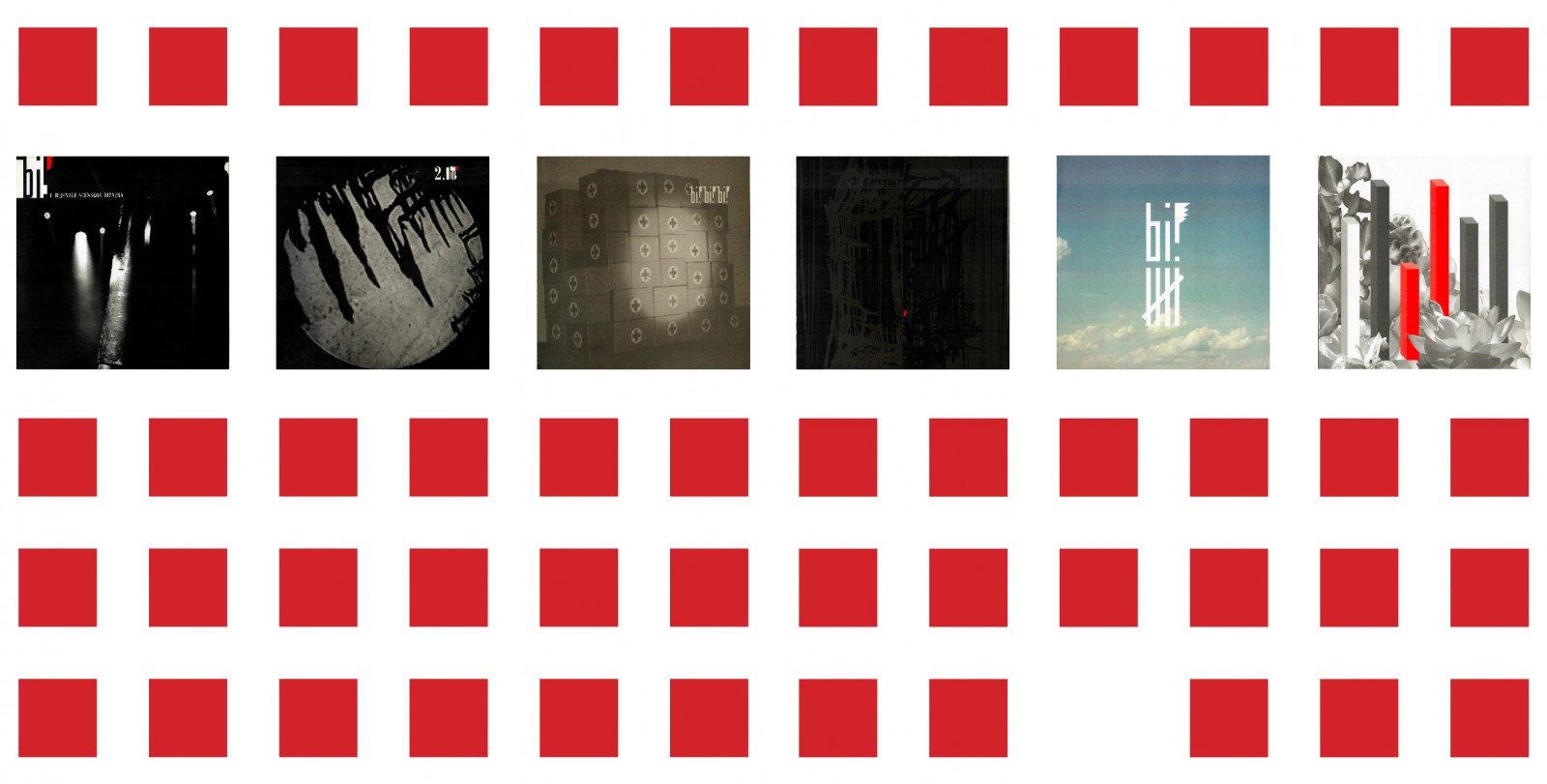The Museum of Applied Art in Belgrade and department of art and design of the Department of Architecture and Urban Planning of the Faculty of Technical Sciences in Novi Sad, organise the regional online symposium ‘Practice of Stage Design – Towards New Biennial’, which will be held from 17 until 19 December 2020. The symposium is dedicated to professionals, theoreticians and students who work in domains of stage and visual arts.

The symposium comprises four programme units: ‘Biennial Lessons’, ‘How to Present an Event?’, ‘What Have We Learned in School’? and ‘The Future of Stage Design: Context as an Occasion or Obstacle for Creation’, within which professionals, pedagogues and theoreticians of stage design will talk. Part of the symposium is dedicated to the youngest who will get a chance to participate in a creative workshop: ‘Who Would Like to Play with Us: Stage Design from the Perspective of the Youngest’.
The topic of the gathering is being explore thanks to the development of curator and artistic practices of stage design within the Prague Quadrennial, the most important world manifestation dedicated to stage design and space, within the evaluation process and critical thinking of all segments of professional theatre production in Serbia and region. The occasion for organising the symposium is the wish to reassess the need for the new Biennial of stage design, a manifestation whose founders were YUSTAT and Museum of Applied Art in Belgrade. The Biennial of stage design was established in 1997 and it lasted until 2007. By recognising the need for the evaluation of the real theatre production, the initiative on new, redefined Biennial of stage design was launched. In addition to theatre, the initiative will comprise different forms of practices outside the theatre and exhibition practices of stage design. The symposium is dedicated to individual observations, with the aim to jointly map the events in the field of professional work regarding practices in and outside the theatre, and exhibition practices in Serbia and region. The goal of the symposium is discussion about the situation on the theatre scene, with the aim to maintain new, regional platforms in the field of stage design.
The symposium will be implemented with the support of the Ministry of Culture and Information of the Republic of Serbia and Novi Sad – European Capital of Culture project. You can find more information about detailed programme of the symposium and applications on the website of the department of art and design of the Faculty of Technical Sciences in Novi Sad.
Programme of the online symposium ‘Practice of Stage Design – Towards New Biennial’
Biennial Lessons
17 December 2020, 12:00 p.m.
Participants: Dragan Protić, Igor Vasilјev, Maja Mirković and Dušan Kaličanin
Moderator: Radivoje Dinulović
Thematic session ‘Biennial Lessons’ is envisaged as an exchange of experience, impressions, opinions and views on six manifestations of the Biennial of stage design, which were implemented in the period form 1996 and 2006. Participants in the discussion will not be the creators and leaders of the Biennial, but young people, authors who participated in the Biennial and received awards. As the Biennial itself, the discussion will be focused on theatre and all the practices it consists of – scenography and costume design, light and sound, applied stage design and craftsmanship, stage architecture and different means of communication between theatre and the public. However, the same attention will be devoted to phenomena of the spectacle outside the theatre, artistic and curator practices of stage design, which have been discussed and implemented within the Biennial. The aim of the gathering is not the valorisation of the already achieved, but to help maintaining the relation to what the Biennial could be in the future, why and how it can be improved, by exchanging views of the authors who are in charge of making a main flow of stage design in Serbia and region.
How to Present an Event?
17 December 2020, 15:00 p.m.
Participants: Siniša Ilić, Monika Ponjavić, Marko Golub, Filip Jovanovski, Miodrag Kuč and Aleksandar Brkić
Moderator: Mia David
The series of changes, which were related to the way in which theatre art is being presented, some of which were criticized and rejected, have occurred during the last fifteen years. These changes led to distancing the Quadrennial from something it was before. Instead of presenting factographic documents of theatre production, Quadrennial focused on the creation and presentation of completely new artistic works, which raised a new question: how to present a (theatre) event anyway? Within the panel, people who presented their works at the Quadrennial and similar manifestations will discuss the topic. In addition to this, the topic of discussion will be different curator practices, as well as ways of presenting practices in and outside the theatre, and artistic practices of stage design.
What Have We Learned in School?
18 December 2020, 12:00 p.m
Participants: Sođa Lotker, Ana Martina Bakić, Ivana Knez, Pavle Stamenović, Sanja Malјković and Radivoje Dinulović
Moderator: Mia David
Many active artists who work in the field of stage design work in the field of education as well. Within the panel, discussions with some of the participants about their experiences and how they see the role and importance of education in a modern society, will be held. Participants will find out what the work with young people means to them personally and professionally, whether we can change the professional practice with education, and whether we can develop the new system of values through education and influence the social development. The goal is to deal with the main topic of the panel – whether school, as educational institution, can be the space for freedom, space of avant-garde, if not (and why not), and a revolutionary reassessment and activity, space for resistance to current forms of knowledge? Finally, can the practice of stage design teach us something?
The Future of Stage Design: Context as an Occasion or Obstacle for Creation
18 December 2020, 15:00 p.m.
Participants: Una Jankov, Lana Pavkov, Nikola Radosavlјević
Moderators: Jelena Ivančević and Danijela Matović, students of the fourth grade of bachelor studies of the Stage Architecture, Technique and Design
New tendencies noticeable in work of young authors on the contemporary artistic scene will be the topic of discussion within ‘The Future of Stage Design’ panel. These tendencies point to the need for opening a new dialogue and relationship with audience, as well as the need for the context in which authors, participants of the panel, create. Three visual artists and three students of stage design will discuss the topic of the future of exhibition practices and possibilities to intertwine different artistic practices and stage design. The panel will try to answer the following questions: In which way the visual media, depending on the idea, can maintain the relationship to the exhibition practice of stage design; whether the context in which artists create is an occasion or obstacle; in which manner our participants see the future of exhibition practices.
Who Would Like to Play with Us: Stage Design from the Perspective of the Youngest?
19 December 2020, 10:00 – 12:00 p.m.
Online workshop: New Year’s Eve (at home)
Children age: 7 – 12 years, recommended to come with parents
Workshop moderated by Dragana Pilipović, architect
Applications for the workshop can be sent on the e-mail address: scenlabvrtic@gmail.com until 16 December.
Being aware that the relationship to the past, as well as the future of professional practices in the field of stage design depend on the youngest, we dedicate the final part of the symposium to them. Online workshop ‘Who Would Like to Play with Us: Stage Design from the Perspective of the Youngest’ will offer the youngest participants a chance to stimulate imagination and creativity, and to enter the magical world of theatre and architecture through play.



